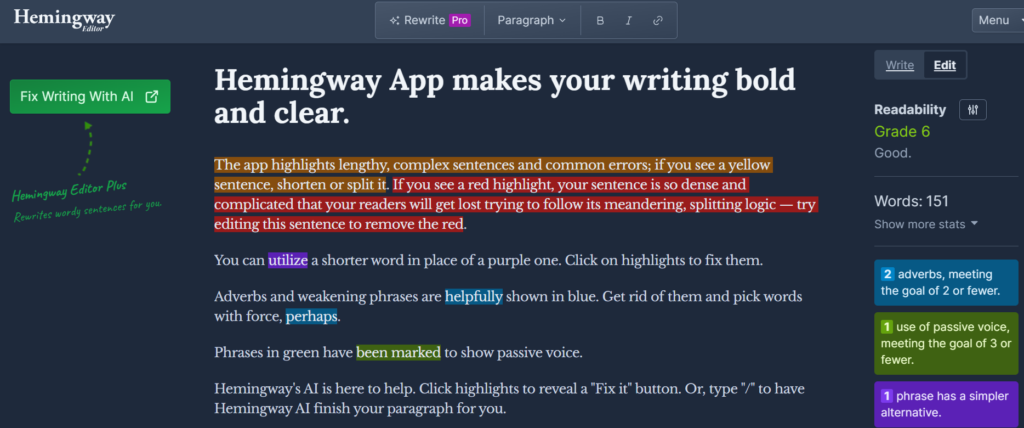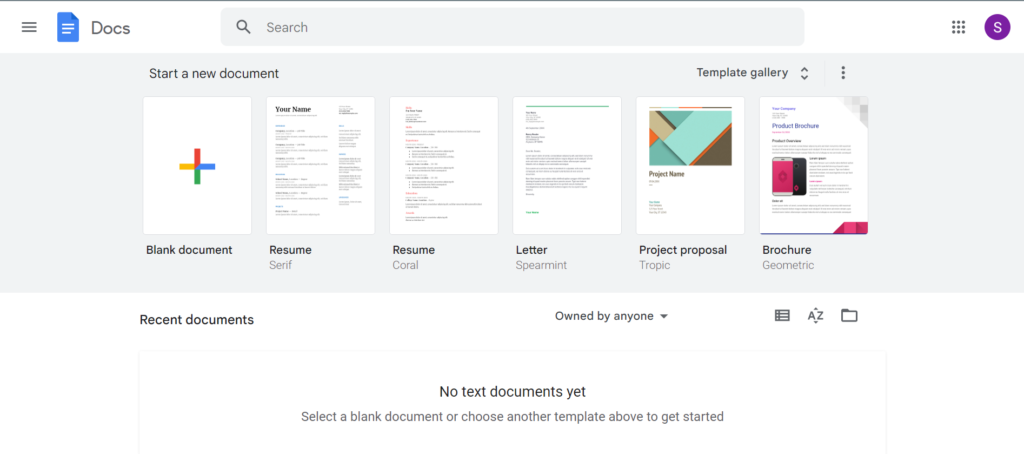In today’s digital age, content writing has become a crucial aspect of various professions and industries. Whether you’re a blogger, a marketer, or a student, conveying your communication effectively through written content is essential. With the demand for quality content on the rise, the need for effective content-writing software has also escalated.
Introduction to Content Writing Software
Content writing software is designed to streamline the writing process, offering tools and features that enhance productivity and improve the quality of content produced. These software results feed to a wide range of writing requirements, from alphabet and spelling correction to advanced editing and formatting capabilities.
Understanding the Importance of Content Writing Software
Enhancing Productivity
One of the primary benefits of using content writing software is its capability to boost productivity. With features like auto-correction, suggestions for better word choice, and formatting assistance, writers can concentrate more on crafting their communication rather than worrying about technicalities.
Improving Content Quality
Content writing software also plays a pivotal role in perfecting the overall quality of written content. By pressing grammatical errors, suggesting advancements in sentence structure, and providing readability scores, these tools help writers produce polished and engaging content.
Factors to Consider When Choosing Content Writing Software
Before diving into the world of content writing software, it’s essential to consider several factors to ensure you select the best tool for your requirements.
Ease of Use
The user interface and intuitiveness of the software are pivotal factors to consider. Writers need a tool that’s easy to navigate and understand, allowing them to concentrate on their writing without unnecessary complications.
Features and Functionalities
Different content-writing software offers various features and functionalities. From alphabet and spell checkers to advanced editing tools and collaboration capabilities, choosing a software result that aligns with your specific conditions is essential.
Pricing and Affordability
Budget constraints are another crucial consideration when opting for content-writing platform. While some tools offer free versions with limited features, others bear a subscription fee for full access. It’s essential to weigh the cost against the features offered to determine the best value for your money.
Comparison of Top Content Writing Software
Several content-writing options are available in the market, each offering unique features and benefits. Let’s explore some of the most popular choices
Grammarly
Grammarly stands out as one of the leading content writing tools, offering alphabet and spell checking, plagiarism discovery, and writing style suggestions. Its intuitive interface and comprehensive features make it a favorite among writers of all levels.

Scrivener
Scrivener is a powerful tool for authors and researchers, offering advanced writing and organization capabilities. With features like outlining, note-taking, and handwriting formatting, Scrivener is ideal for long-form writing systems.

Hemingway Editor
Hemingway Editor simplifies complex writing by pressing overly dense passages, complex sentences, and common errors. Its straightforward interface and real-time editing make it a precious tool for writers looking to improve readability and clarity in their writing.

Google Docs
Google Docs offers a cooperative writing platform accessible to users with a Google account. With features like real-time editing, opening, and interpretation history, Google Docs is ideal for teams working on shared documents and systems.

Pros and Cons of Each Software
While each content writing software has its strengths, it’s essential to consider the pros and cons before deciding. Here is a brief overview
- Grammarly Pros– Comprehensive grammar and spell checking,
- Cons– Limited free version
- Scrivener Pros– Advanced association and formatting capabilities,
- Cons– Steep learning curve
- Hemingway Editor Pros– Simplifies complex writing,
- Cons– Crunches advanced features
- Google Docs Pros-Collaborative writing platform,
- Cons– Limited offline functionality
User Experience and Reviews
User experience plays a significant part in determining the effectiveness of content-writing. Reading reviews and witnesses from other users can give precious insights into the usability and performance of each tool.
Conclusion
In conclusion, the best content-writing software depends on your specific requirements and preferences. Whether you prioritize alphabet correction, advanced editing features, or collaboration capabilities, there is a tool out there to suit your conditions. By considering factors like ease of use, features, and pricing, you can make an informed decision and choose the software that best enhances your writing process.






